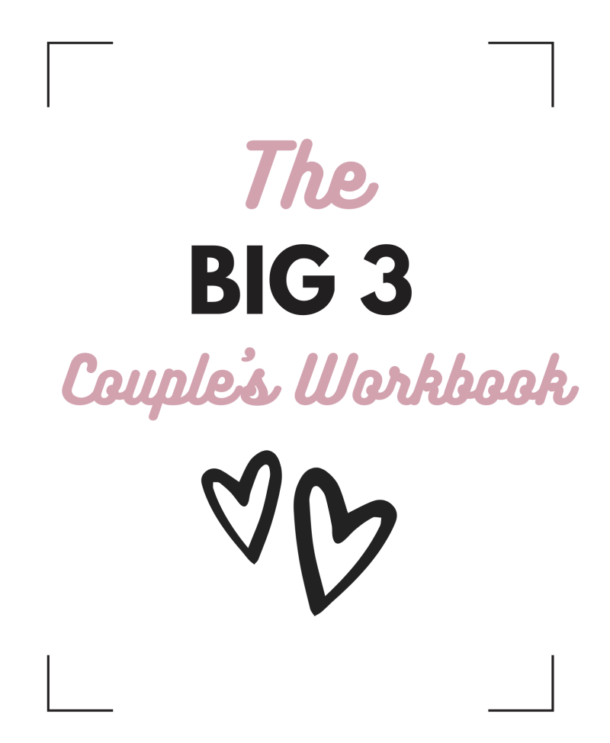
Even if it got me an easy A, my first research paper back in the 9th grade definitely didn’t inspire anyone, myself included!
It was all pretty hokey to be honest, even if I did have five scholarly sources to back me up.
I chose to study the meaning of dreams. It sounded fun and outside-of-the-box.
It was, too. Way outside!
What I mean by that is that I studied how Freud and Jung interpreted dream symbols. They asked philosophical questions such as, “Is a red shoe really just a red shoe?”
And they came up with some pretty crazy answers, most of them with little to back them up.
And even if I did learn that seeing a stick of butter in a dream was a sign of impending prosperity, there were no marked advantages to having that information…
However, in later years, I have found that the study of dreams is actually fascinating…
And although in Monday’s email we talked about 6 Tips to Crushing Your Dreams, today I want to give you some insight about what your nighttime dreams may be telling you about yourself as well as some insights about when you may need counseling versus coaching!
So, one thing you probably already know about dreaming is that your night brain is often very informative about what your day brain is not fully cognizant of.
In other words, often your unconscious is using your dream sleep (Rapid Eye Movement) to process and work on the thoughts and events you experience and push down during the day!
Some of this is garbled and meaningless. It gets tossed and tumbled in a dream-like garbage compactor just stirring up the info before it disappears. These are your “Picasso-type dreams” that aren’t even worth analyzing.
But some of the information is resistant to that process.
And this is where it gets interesting.
Sometimes those dreams are important. They may even be recurring.
For instance, years ago when I was struggling with a victim mentality as young woman in my early twenties in grad school, many of my dreams were about being caught or trapped. I would wake up in a panic just as I got caught.
During this time period, my teachers recommended all of the psychology students get therapy. They wisely wanted us to have the experience of knowing what it was like being a client before we stepped into the role of professionally helping others.
So glad I went.
I looked forward to going to visit Diane, my therapist.
She helped me process just about everything to that point. My family life growing up, bullying and shame issues I’d had, and some major grief.
Interestingly, after just a few months of seeing Diane, the frequent dreams were no longer about being a losing victim of trauma.
They were about surviving it.
Breaking free.
I remember jogging down the gorgeous Illinois Prairie Path with one of my closest friends (someone who’d also experienced a similar trauma and was newly in therapy). On a few of our runs, we spent time taking turns sharing our incredible dreams.
We were both amazed at the way our dreams were changing almost overnight as a result of processing our pasts 🙂
We were both finding the seemingly impossible way out. I loved seeing this gradual and even scientific process happening just because of talking things out in a safe place.
Pretty soon my dreams stopped being about trauma altogether. Hers did too! 🙂
Sometimes they were downright boring.
I did the dishes in one dream. Seriously?
It was almost considered a nightmare.
But that’s OK because that’s when Carla and I really began to get excited about our fields and our lives. Our own dreams began to really take off!
But why do I share this?
To tell you that it wasn’t until I could let go of that trauma that I began to really embrace God’s dreams for myself.
If you’ve been struggling and wondering if you should get some help for a past hurt or wound that is obviously still festering, a good rule of thumb is this:
If you’re still stuck in trauma or victim mentality, it’s probably best to work with a counselor versus a coach.
A counselor can talk with you about your deepest and darkest secrets and help you to find freedom from torturous thoughts or dark, hidden fears or addictions.
A coach can hear all about your past too of course, but the focus in coaching is more about getting you into a success rhythm and forward movement.
Counseling can free you from the bondage that is trauma.
The good news is, we have both counseling and coaching available at RCC. There is some definite overlap too, since every coaching and counseling style has a bit of variance and personality difference.
And actually, I even have this simple infographic for you to keep on hand if you’re ever wondering about the differences between counseling and coaching in the future.
That way you can work with one or the other, or even both for different seasons.
And let’s keep it practical and time-efficient.
Trying to grow and change and avoid nightmares is so much more worth your time than is trying to remember what the stick of butter in the dream may symbolize! (After pre-writing this blog, I find it entertaining that I had a dream about finding a stick of butter).
And stay-tuned! Next Wednesday I’ll be pulling back the curtain on what a counseling and coaching session looks like from front to back with several of our coaches and counselors, including me.
And though some of you requested in our survey to hear snippets of my life in these teaching emails, your sessions aren’t about me at AT ALL.
They are all about YOU, which is the way it should be! 🙂
Love Living Life Intentionally With You,
Christa


